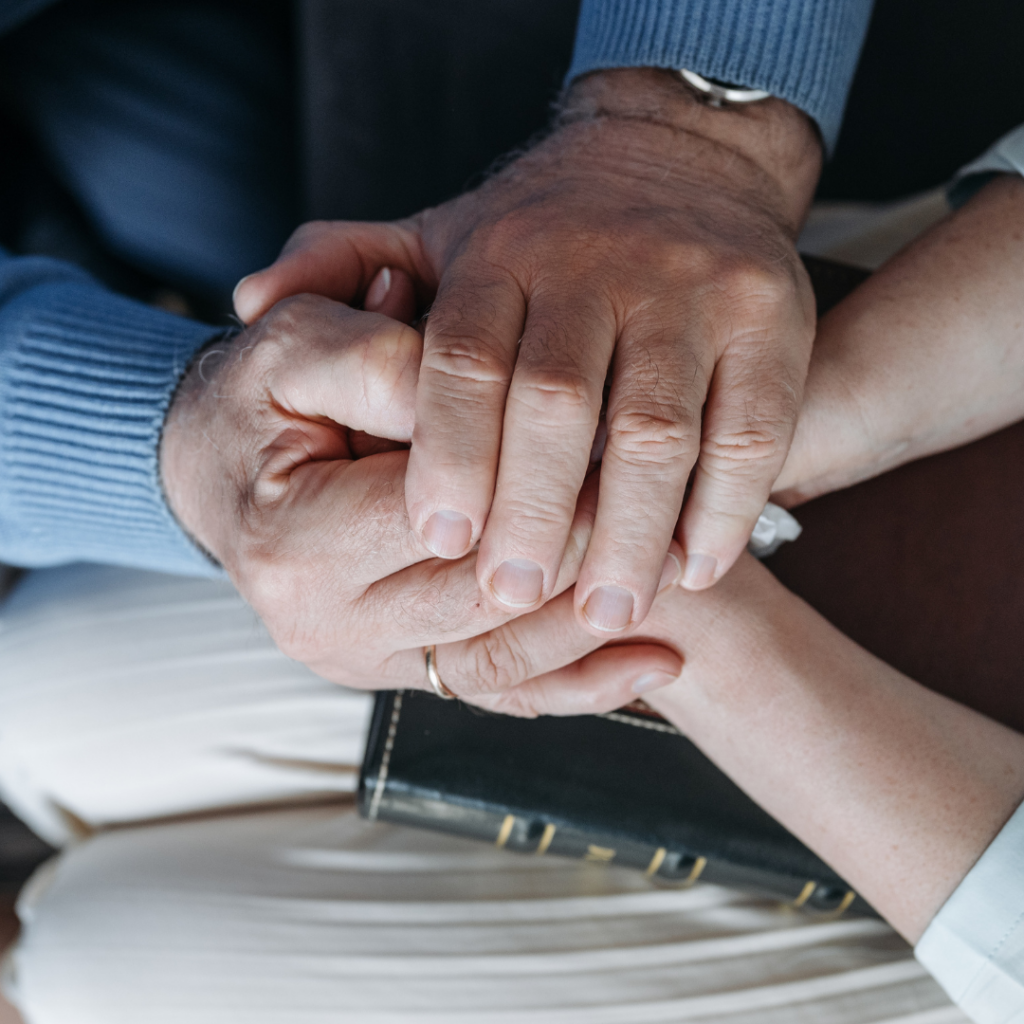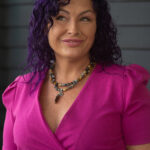Welcome to the heartbeat of Integrative Counsel, our blog where tranquility meets transformation. This is your sanctuary for insights and wisdom on nurturing a harmonious connection between mind, body, and spirit.
My Defining Moment: How Therapists Deal With Grief

Our Relationship With Grief Is Complicated
During the height of the pandemic, my supervisor at the large substance abuse/mental health agency I was working for at the time, invited the entire outpatient clinical staff to attend a virtual grief summit. I was overwhelmed with my large virtual caseload; but was mildly excited by the prospect.
What I didn’t know at the time was that the summit would ultimately change the trajectory of my career by answering burning questions I’d held since beginning my practicum. I’d wrestled with this feeling that I was missing something personally and professionally. I knew I was helping; but couldn’t shake the feeling that I could be doing more. I couldn’t yet define what that “more” was.
How Does A Therapist Help Someone With Grief?

I was no stranger to grief. On a lonely April evening while sitting in a Wendy’s drive through, I had a gut feeling I should make the 3 hour trek down south to be with my aunt who had been battling cancer. I didn’t plan on going down there that day; but something inside me nudged me to go anyway. In the cold institutional room where the smell of medical supplies and old pine sol lofted through the air, I held my 36 year old aunt’s hand as she crossed from this dimension to the next.
At 21 years old, I knew this experience was intense, as I’d always viewed her as the rock of my existence and mourned for the parenting she wouldn’t get to do, the joy she wouldn’t get to spread, and most importantly the life she wouldn’t get to live. Watching my aunt take her last labored breath and observing how my eyes turned her majestic shade of blue for hours after she took her last breath has stuck with me to this day.
The Hospice nurse came in proclaiming, “She chose you to die with. You have a gift and will be called upon to use this gift someday.” It’s ironic that not only my career but life-altering knowledge that changed my trajectory came from a grief summit.
Going Deeper With Grief Counseling

By 2020 I’d spent a considerable amount of time trying to unlock the mystery of our human condition. I’d spent countless hours in different support groups, graduate school, and personal therapy; but I still couldn’t trust myself not to say things I would later regret in heated conflicts or when faced with rush hour traffic.
I couldn’t understand how I had done so much work, knew all the REBT/CBT reframing techniques, had gone down a complete existential theory rabbit hole; yet still struggled when faced with uncomfortable relational dynamics or hurdles in my day to day life.
I had been exposed to the ACE questionnaire and corresponding study. That opened my eyes to how trauma spans across a lifetime. I knew the goal was to shift from an external locus of control to an internal one; but I had no real idea how to do that.
I had been exposed to “The Body Keeps the Score”, and knew movement practices in a group setting like yoga were incredibly helpful. I understood trauma lived in our muscles, tissues, fascia, and cells.
Trauma informed counseling and organizations made sense; but still felt like a catch phrase. I knew the lingo and jargon to share with clients; but it felt surface level. Like I was just listening and saying words without offering true relief. The re-framing and insights helped; but not enough.
How Trauma and Grief Live In Our Bodies

On that fall morning of 2020 I had no idea a presenter I would soon watch would completely change the way I worked with clients and existed in my own skin. The moment I heard Eric Gentry, PHD say, “We cannot experience stress in a relaxed muscle body”, I understood what I had been missing.
He discussed how processing grief and trauma with clients without them being in a relaxed muscle body was actively retraumatizing them. Dr. Gentry shared that we can regulate our nervous systems by relaxing the muscles in our bodies; that effective self-regulation consists of checking in and relaxing the muscles in our bodies hundreds of times per day.
I heard him share his own struggles with burnout that led him to create protocols for vicarious trauma; which was particularly pertinent at that time working for an agency where I had a large caseload that demanded back-to-back sessions throughout the day. That grief summit gifted me the epiphanies of all epiphanies: that I had been trying to fight the mind with the mind which could never truly work because we are whole beings.
I started integrating self-regulation techniques into my daily life that day. I started noticing small yet powerful shifts in my reactions to stress, how I communicated with loved ones, and how I did therapy. I combed through Eric Gentry’s youtube channel, became grief certified, and completed Dr. Gentry’s CCTP (Certified Complex Trauma Provider) training.
Can Therapy Help You Find Relief From Trauma?

I watched clients who dove into self-regulation practices find relief. Their relational and vocational functioning improved. They could be more present with their kids and find more gratitude in the mundane; when present in a relaxed muscle body. I observed their threat detection system slowly shift from perpetual hypervigilance to comfort. I watched perceptions change because access to their frontal cortex afforded them the luxury of change. I watched perceptions of themselves and the world around them shift.
I had the privilege of witnessing clients shift into a felt sense of safety. Worldviews that had been shattered from trauma and grief were being reshaped in front of my eyes. I started sharing this information with my family, friends, colleagues, anyone who would listen and watched it shift their level of comfort in the world as well.
Gaining knowledge of somatic self-regulation practices from that grief summit has been a gift, a privilege that I feel compelled to share with others. This is an evolving practice. Life continues to happen, loss continues to happen, uncertainty continues to happen. Watching the devastation of my hometown unfold during hurricane Helene reminds me of how meaningful these simple self-regulation practices can be during and after traumatic events. Practice makes practice. I am striving for progress, not perfection, and hope to create a safe space for those I serve to do the same.
Looking For A Trauma Therapist In St. Petersburg?
We can help you find a right-fit therapist like Lauren who can help you integrate the thoughts and feelings that lay dormant in your body. Fill out our intake form here, and our intake specialist Alli will guide you through the process of finding a therapist who can help you cope with the trauma of the past.
Lauren is a licensed mental health counselor at Integrative Counsel. Her unique style combines a blend of Complex Trauma treatment, Complex Grief Treatment, Motivational Interviewing, Existential, Cognitive Behavioral, Narrative, and Family Systems theories with Eastern philosophies and Spirituality. She specializes in integrating Yoga informed, Somatic, and Mindfulness practices with traditional counseling theories.
December 5, 2024
Click here to book a consultation call and start navigating your personal path to mental harmony with a therapist who gets you. Your journey, your pace, your story—let's unfold it together.
Let's keep the conversation going.
Feeling the spark to light up your wellness journey?
resources
CONTACT
RATES
join us
shop
SERVICES
OUR APPROACH
visiting professionals
OUR TEAM
HOME
727.342.0054
hello@integrativecounsel.com
Integrative Counsel is committed to providing culturally competent services. We respect the uniqueness of every person including, but not limited to race, ethnicity, gender identity, sexual orientation, class and religious affiliation.
